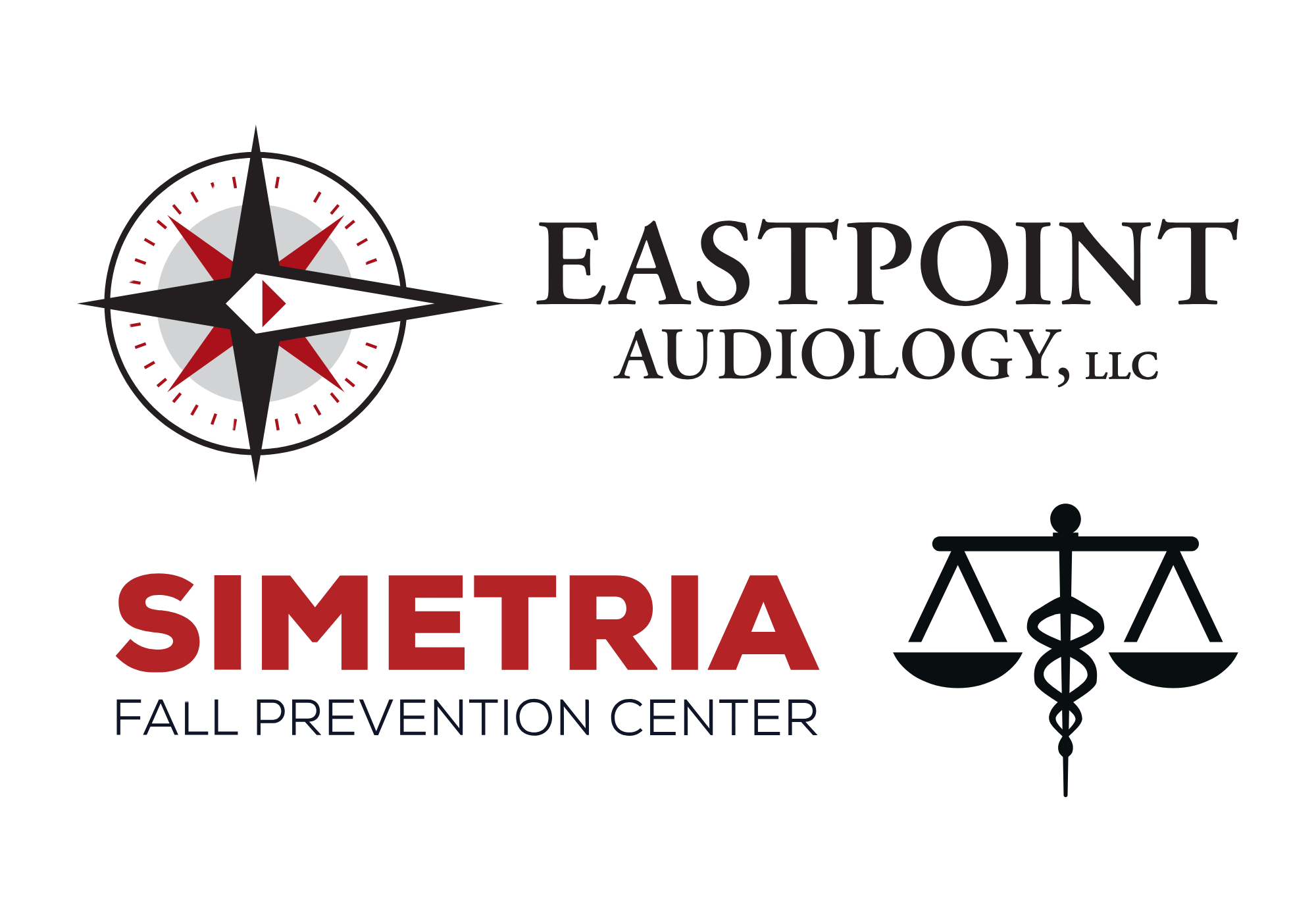Tinnitus is an exceptionally common medical condition. Tinnitus can become so overwhelming that it becomes a burden to live with for about 20 million individuals worldwide. This doesn’t even count the more common types of tinnitus, which for most individuals can come and go without causing a major impact on their quality of life.
Tinnitus occurs when you hear a phantom sound, when you’re hearing a sound that no one else can hear. This may be a ringing in the ears or a buzzing sound you can’t shake. Although hearing loss is frequently associated with tinnitus, there isn’t necessarily a cause-and-effect connection between the two.
As a matter of fact, tinnitus comes in a number of forms. And each one will require a different approach to treatment.
Tinnitus – exactly what is it?
Exactly what is tinnitus and how is it caused? Well, it’s essential to mention that not all types of tinnitus are the same. The various causes of tinnitus will manifest with similar symptoms. But it’s still essential to determine the cause in order to effectively treat the symptoms.
For some people, tinnitus is the outcome of a neurological issue, such as a traumatic brain injury or a concussion. Hearing loss related to age can be another factor that can trigger tinnitus. The following are some other possible causes:
- Neurological tinnitus: Issues with the ear are not always the cause of tinnitus. In some cases, the underlying cause lies within the brain. If your baseline neurological functions are impaired by injury it can trigger neurological tinnitus. In other words, something has broken down with the normal ways that your brain and ear communicate. The outcome is that you hear a phantom sound that might not be there. Neurological tinnitus can be caused by concussion, stroke, traumatic brain injury, and more. As the brain heals, neurological tinnitus will, in some situations, go away on its own. It may be irreversible in other circumstances.
- Subjective tinnitus: With subjective tinnitus, the sound you’re hearing is phantom and doesn’t objectively exist and no one else can hear it. This form of tinnitus comprises many other types of tinnitus also. For instance, neurological tinnitus can also be subjective tinnitus. Subjective tinnitus can manifest as lots of different sound types, including ringing, buzzing, squeals, whistles, roars, and more.
- Objective tinnitus: When you have objective tinnitus, you’re hearing a real, verifiable, objective sound. Objective tinnitus isn’t quite as common as subjective tinnitus, but it still occurs. Pulsatile tinnitus, which is when you hear your heartbeat or pulse, is an example of this form of tinnitus. For individuals with objective tinnitus, that pulsing sound usually seems louder than it should.
- Somatic tinnitus: Tinnitus sounds are frequently quite constant for many people coping with them. Both objective and subjective tinnitus have this characteristic. With somatic tinnitus though, things are a bit different. This form of tinnitus becomes more extreme when you move around. Normally, somatic tinnitus will cause the symptoms to become more intense when you move your head or neck.
Often, individuals will have more than one type of tinnitus simultaneously. You might have subjective tinnitus and neurological tinnitus at the same time, for instance. Figuring out the cause of your symptoms can help your hearing specialist decide the best tinnitus treatment strategy for your symptoms.
Finding tinnitus support
You most likely won’t need to take any specific action if your tinnitus symptoms are sporadic. But if your tinnitus sticks around or comes back frequently, it might have real and serious impacts on your everyday life. When that happens, your best plan to get some relief is to contact us for a consultation.
After we identify the root cause of your symptoms, there are a few treatment strategies we can utilize. A few of these strategies can minimize the intensity of your symptoms making them less evident. We may also utilize masking techniques to hide your symptoms.
Tinnitus can’t typically be cured, but it can be successfully managed. We will help you customize the best treatment for your particular situation. That way, you can more easily disregard the buzzing or ringing in your ears, and get back to the life you love.

